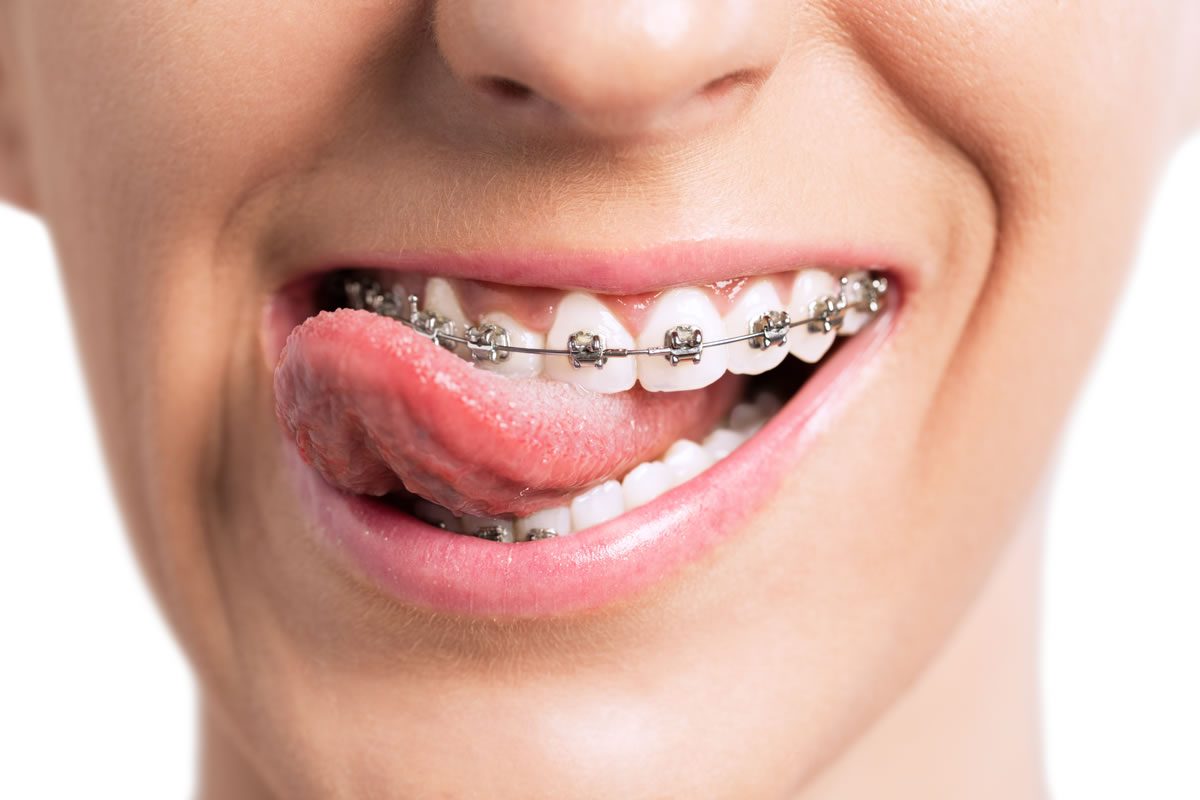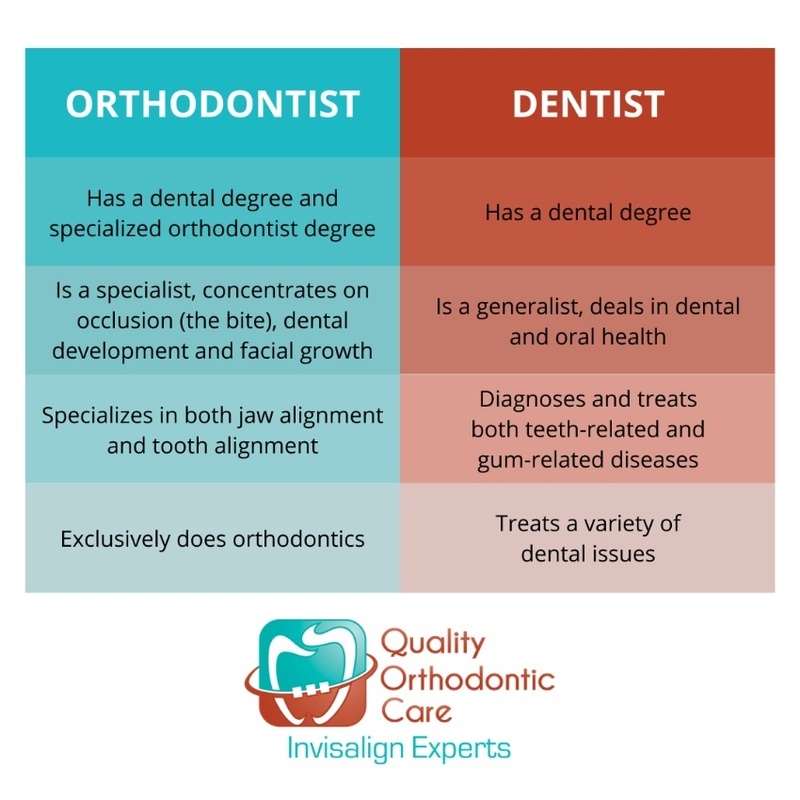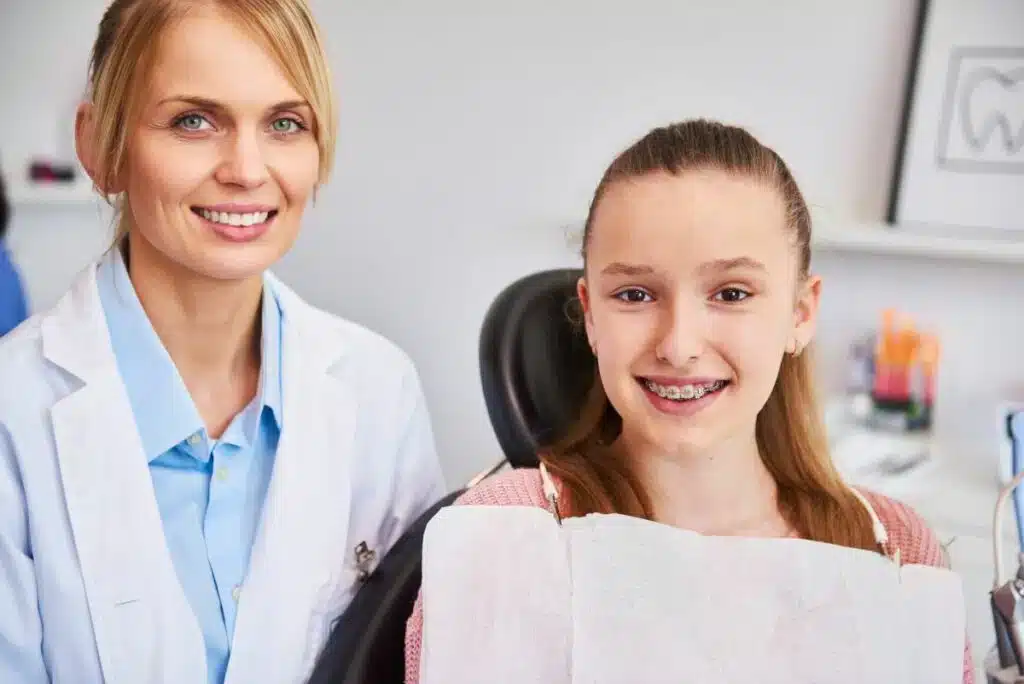Little Known Facts About Causey Orthodontics.
Table of ContentsThe Single Strategy To Use For Causey OrthodonticsThe Causey Orthodontics PDFsThe Facts About Causey Orthodontics UncoveredThe Single Strategy To Use For Causey OrthodonticsFascination About Causey Orthodontics
Overlooking occlusal relationships, it was normal to get rid of teeth for a range of dental issues, such as malalignment or congestion. The idea of an undamaged dentition was not extensively valued in those days, making bite connections appear unnecessary. In the late 1800s, the idea of occlusion was crucial for developing reputable prosthetic replacement teeth.As these ideas of prosthetic occlusion advanced, it ended up being an indispensable device for dentistry. It remained in 1890 that the job and effect of Dr. Edwards H. Angle started to be felt, with his payment to modern orthodontics especially significant. Focused on prosthodontics, he showed in Pennsylvania and Minnesota prior to directing his interest towards oral occlusion and the therapies needed to preserve it as a regular condition, therefore coming to be known as the "daddy of modern-day orthodontics".

The concept of perfect occlusion, as proposed by Angle and incorporated right into a category system, allowed a shift in the direction of dealing with malocclusion, which is any discrepancy from normal occlusion. Having a complete collection of teeth on both arches was highly looked for after in orthodontic therapy because of the requirement for precise connections between them.
Getting The Causey Orthodontics To Work
As occlusion ended up being the key concern, facial proportions and looks were neglected - emergency orthodontist near me. To achieve excellent occlusals without using outside pressures, Angle postulated that having ideal occlusion was the most effective way to get maximum face aesthetic appeals. With the passing of time, it became rather noticeable that even a phenomenal occlusion was not suitable when taken into consideration from a visual viewpoint
Charles Tweed in America and Raymond Begg in Australia (who both examined under Angle) re-introduced dentistry extraction into orthodontics during the 1940s and 1950s so they could improve facial esthetics while also ensuring better stability worrying occlusal partnerships. In the postwar duration, cephalometric radiography begun to be utilized by orthodontists for determining modifications in tooth and jaw position caused by growth and therapy. It came to be obvious that orthodontic therapy could adjust mandibular growth, bring about the development of useful jaw orthopedics in Europe and extraoral force steps in the US. Nowadays, both useful appliances and extraoral devices are applied around the world with the objective of changing development patterns and kinds. Going after true, or at the very least enhanced, jaw relationships had ended up being the primary purpose of therapy by the mid-20th century.
Not known Details About Causey Orthodontics
 The American Journal of Orthodontics was produced for this objective in 1915; before it, there were no scientific purposes to follow, neither any kind of exact category system and brackets that did not have features. Until the mid-1970s, dental braces were made by covering metal around each tooth. With innovations in adhesives, it became possible to rather bond steel brackets to the teeth.
The American Journal of Orthodontics was produced for this objective in 1915; before it, there were no scientific purposes to follow, neither any kind of exact category system and brackets that did not have features. Until the mid-1970s, dental braces were made by covering metal around each tooth. With innovations in adhesives, it became possible to rather bond steel brackets to the teeth.This has actually had purposeful results on orthodontic therapies that are carried out regularly, and these are: 1. Correct interarchal relationships 2. Correct crown angulation (tip) 3.
The benefit of the layout depends on its brace and archwire combination, which requires only minimal cord flexing from the orthodontist or clinician (family orthodontics). It's appropriately named after this attribute: the angle of the port and thickness of the bracket base inevitably establish where each tooth is located with little requirement for extra adjustment
More About Causey Orthodontics
Both of these systems employed the same brackets for each and every tooth and required the bending of an archwire in 3 planes for finding teeth in their desired settings, with these bends dictating utmost placements. When it involves orthodontic appliances, they are split right into two kinds: removable and taken care of. Detachable devices can be taken on and off by the individual as needed.

Thus, mostly all modern-day fixed appliances can be taken into consideration variations on this edgewise appliance system. Early 20th-century orthodontist Edward Angle made a significant payment to the world of dental care. He created 4 unique appliance systems that have actually been utilized as the basis for many orthodontic therapies today, disallowing a couple of exemptions.
What Does Causey Orthodontics Mean?

The cable finished in a string, and to move it forward, a flexible nut was utilized, which enabled a rise in area. By ligation, each private tooth was affixed to this large archwire (affordable orthodontist near me). As a result of its restricted range of activity, Angle was not able to achieve specific tooth positioning with an E-arch
These tubes held a firm pin, which might be repositioned at each visit in order to move them in area. Called the "bone-growing appliance", this device was theorized to motivate healthier bone development due to its possibility for transferring pressure directly to the origins. Implementing it confirmed problematic in reality.
Comments on “Some Known Incorrect Statements About Causey Orthodontics”